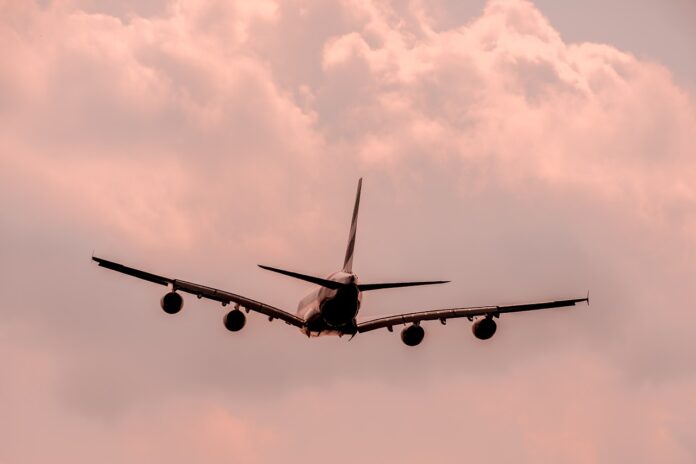The aviation industry is a marvel of modern engineering and technology, and chemicals play a key role in it. Let’s delve deeper into the types of chemicals used in various aspects of aviation, their impact on the environment and the indispensable role of every chemist in serving this dynamic industry.
What chemicals are used in the aviation industry?
Below, we have made a detailed table:
| Jet Fuel | Jet fuel, typically derived from refined petroleum, powers commercial and military aircraft. It undergoes rigorous testing and quality control to ensure optimal performance and safety during flight. |
| Lubricants | Lubricants are essential for reducing friction and wear in aircraft engines, hydraulic systems, landing gear, and other critical components. These include engine oils, hydraulic fluids, and greases formulated to withstand extreme temperatures and pressures encountered during flight. |
| De-icing Fluids | During cold weather conditions, ice, and frost accumulation on aircraft surfaces pose safety hazards. Glycol-based de-icing fluids are sprayed onto aircraft wings, tail, and fuselage to remove ice and prevent its formation, ensuring safe takeoff and landing. |
| Cleaning Agents and Solvents | Aviation cleaning agents, sodium, and solvents are used for routine maintenance and cleaning of aircraft interiors and exteriors. They help remove dirt, grease, and contaminants, maintaining the hygiene and appearance of aircraft surfaces. |
Are chemicals used in the aviation industry bad for the environment?
While chemicals are essential for the safe and efficient operation of aircraft, their use can have negative environmental consequences if not managed properly. Aircraft emissions, including carbon dioxide (CO2), nitrogen oxides (NOx) and particulate matter, contribute to air pollution and climate change. In addition, chemicals used in de-icing fluids, such as glycol, can contaminate soil and water if not treated. However, the aviation industry is actively addressing these environmental issues through initiatives such as the development of environmentally friendly aviation fuels, emission reduction technologies and environmentally friendly chemical management and disposal practices.
How does Chemist service the aviation industry?
Chemists play a multifaceted role in meeting the chemical needs of the aviation industry:
- The first thing they do is conduct research to develop innovative chemical solutions that improve the performance, efficiency and environmental sustainability of aviation fuels, lubricants, and cleaners.
- Chemists also conduct rigorous testing and analysis to ensure the quality, purity, and safety of chemicals used in aviation. This includes monitoring the composition of fuels, the viscosity of lubricants and the effectiveness of de-icing fluids.
- Chemists also work with regulatory agencies to assess the environmental impact of aviation chemicals and develop strategies to prevent pollution, minimize waste and comply with environmental regulations.
- They also work closely with engineers and technicians to implement safety protocols for the handling, storage and disposal of hazardous chemicals, minimizing risks to personnel, aircraft, and the environment. Therefore, they are also responsible for our safety.
Summary
In conclusion, chemicals are indispensable to the aviation industry, supporting its operations and ensuring the safety, efficiency, and comfort of air travel. Although their use presents environmental challenges, ongoing efforts to develop sustainable alternatives and adopt responsible practices are contributing to positive change. As for chemical scientists, they play a vital role in driving innovation, ensuring the safety and quality of chemicals, and in the aviation sector, they are making a huge contribution to a more sustainable future for air transport.



